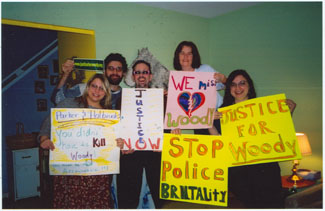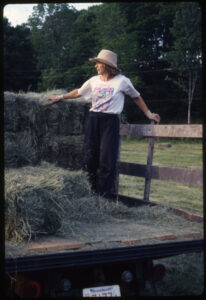Karl Finison Connecticut River Valley History Collection
Karl S. Finison was an undergraduate (class of 1975) and then graduate student at the University of Massachusetts Amherst, studying Anthropology and local agricultural history. His 1979 master’s thesis “Energy Flow on a Nineteenth Century Farm,” was a part of a Anthropology Department research series on the ecological anthropology of the Middle Connecticut River Valley, studying demographic and other trends from 1650 to 1900 in the area. Part of this work was supported in 1970s by the Connecticut Valley Population Ecology Project. While doing this work, Finison also began to collect agricultural journals, books, and original manuscripts about the ecological history of Upper and Middle Connecticut River Valley.
This collection consists of five original accounting logs and ledgers from western Massachusetts and southern Vermont, offering insight into the commerce and community in these areas in the 19th-century and early 20th-century:
- An 1803-1826 account book covers agricultural and business transactions in the Middle Connecticut River Valley, including in such Massachusetts towns as Chester, Granby, Northampton, Northfield, and Shelburne.
- A ledger of the accounts of E. F. Reed and Co. (Dummerston, VT) from 1883-1894, is the only volume with a known authorial origin.
- A mixed-use logbook includes 1845-1846 worker logs (lumber industry) in Ashfield, MA; 1849 diary and expense entries from Shelburne Falls, MA; diary entries from 1851, ca. 1855, and 1878; and undated “little sermons.”
- An account book of unknown origin, 1881-1905, mainly transactions regarding shoes, boots, and harnesses.
- A “Time Book,” tracking the labor of agricultural workers at an unknown location in summer 1912.


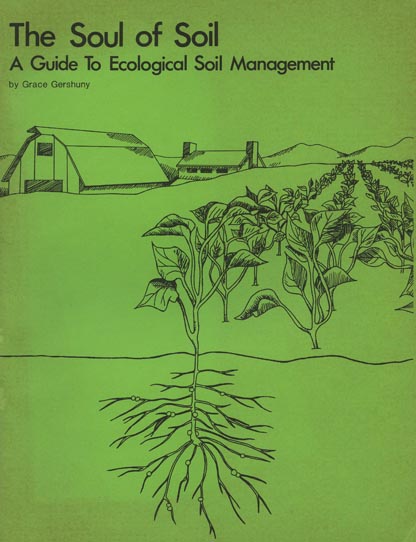
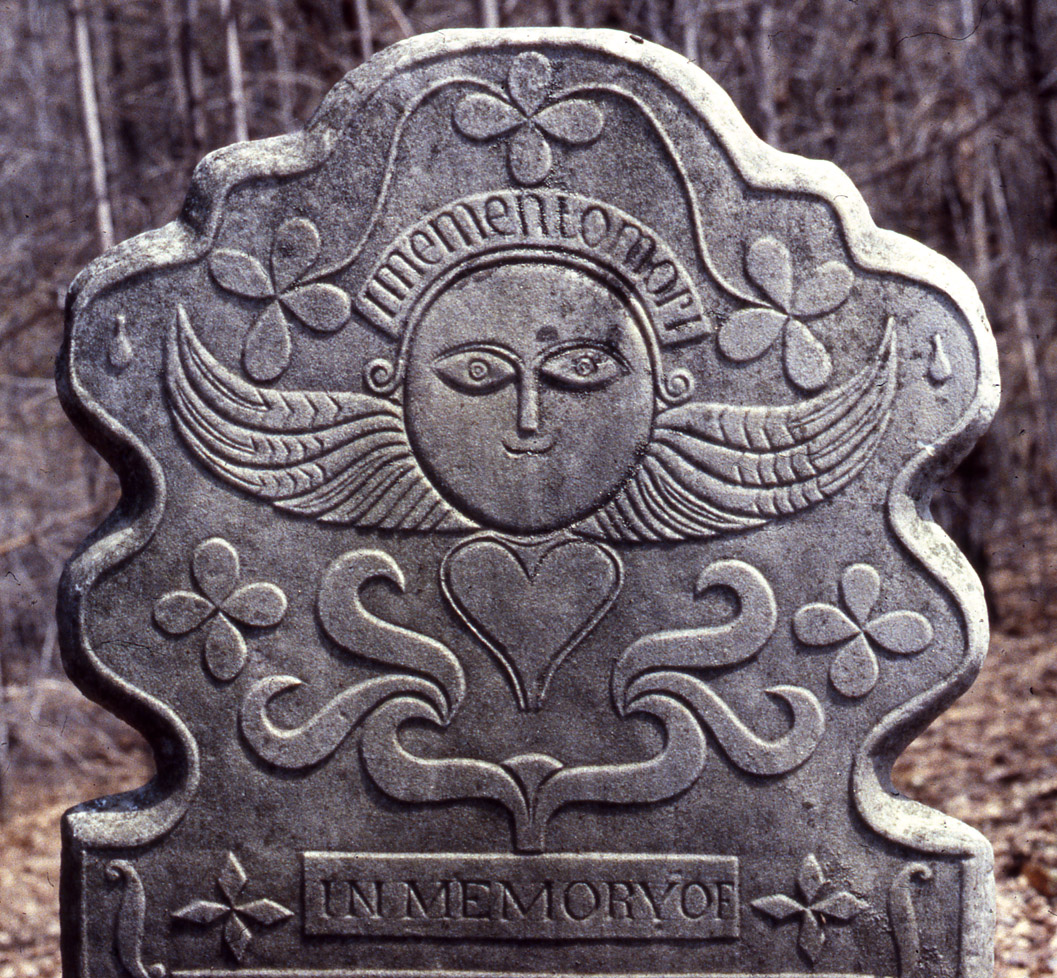
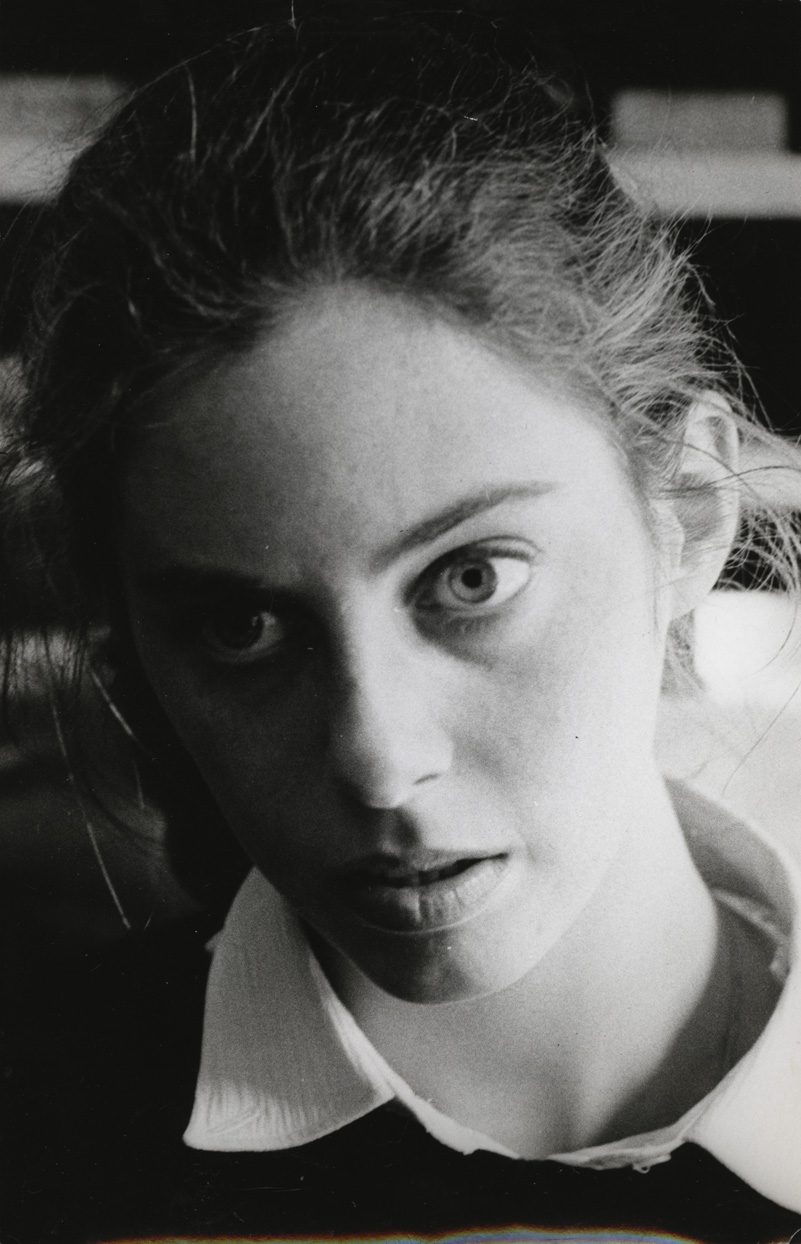
 See the exhibit
See the exhibit 